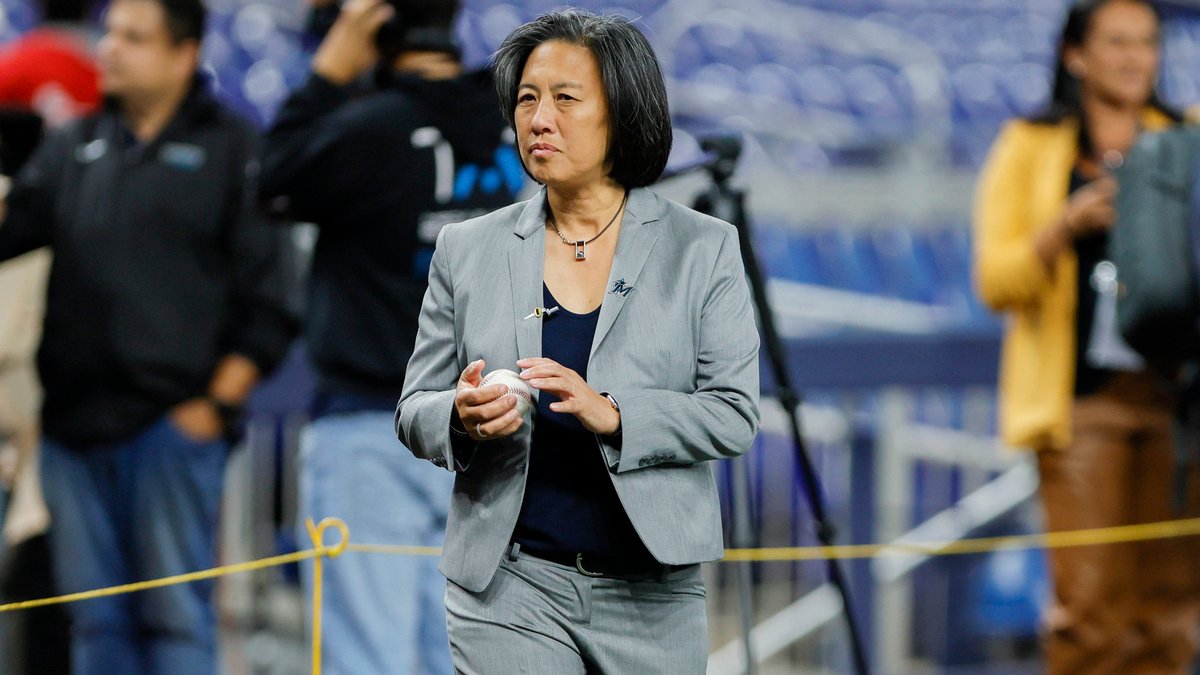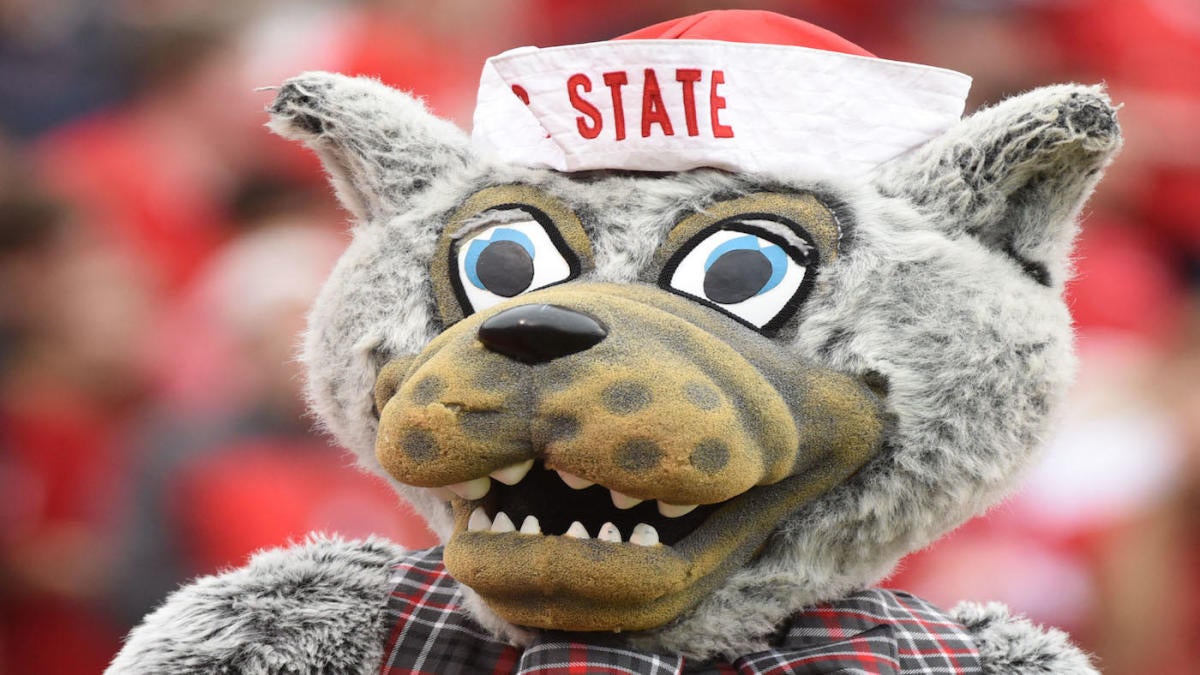Messi move to Miami a huge coup for MLS, American soccer
NEW YORK, June 7 (Reuters) – Major League Soccer (MLS) has signed a few big names over the years but the recruitment of Lionel Messi by Inter Miami could be a game-changer for American soccer.
The great Argentine forward announced on Wednesday he had decided to join the MLS side and play for a club outside Europe for the first time in more than 20 years, though he told Mundo Deportivo and Sport newspapers the deal was not 100% done.
Snaring the record seven-times Ballon d’Or winner has the potential to be a huge lift for soccer in the U.S. where it trails the other four major North American men’s professional leagues in popularity.
Messi had wanted to go to a club where he could eventually have an ownership stake, a source with knowledge of the negotiations told Reuters this week.
That would see him follow a similar path to that of his new team’s co-owner David Beckham, who sent shockwaves through MLS when he joined LA Galaxy in 2007 after exiting Real Madrid, in a deal that gave him the right to a discounted franchise.
Beckham and his wife, Victoria Beckham of the Spice Girls, fitted in with the celebrity-drenched culture of Tinseltown and the move was celebrated as opening a new era for MLS.
Yet Messi’s move as a free agent after parting ways with French champions Paris St Germain could have greater significance.
“He is the most recognisable and the best soccer player on the planet at the same time,” said Eric Wynalda, a former U.S. national player and soccer broadcaster who currently hosts a show on SiriusXM.
“Not only will it be about an attraction, it will also be about getting a chance to see greatness.”
The announcement falls short of the biggest shock in North American club soccer, when late Brazilian great Pele came out of retirement to sign for a little-known U.S. club called the New York Cosmos in 1975.
But with North America set to host the World Cup in three years’ time, Messi’s arrival coincides with a period of far greater momentum for the sport and could accelerate the popularity of MLS, which has seen steady growth since its inaugural season in 1996.
“(MLS is) not going to become the equivalent of any of the European leagues overnight,” said Andrew Zimbalist, a professor at Smith College and co-author of National Pastime: How Americans Play Baseball and the Rest of the World Plays Soccer.
“Most true soccer fans in the United States when they want to see top level competitive soccer are going to tune into European soccer, they’re not going to move to MLS. But Messi will have an impact that will begin to change that.”
Reporting by Amy Tennery in New York, additional reporting by Rory Carroll in Los Angeles
Editing by Toby Davis
Our Standards: The Thomson Reuters Trust Principles.
/cloudfront-us-east-2.images.arcpublishing.com/reuters/MTWFXAHSORPU3AQUBXTBQI62DE.jpg)


